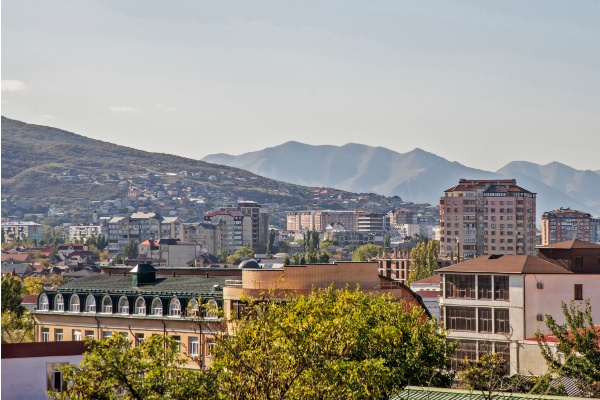June 23 Makahchkala Attacks: Implications for the Kremlin
By Emil A. Souleimanov and Huseyn Aliyev
July 3, 2024
On June 23, a series of coordinated attacks were carried out in Dagestan’s two largest cities Makhachkala and Derbent, targeting Orthodox churches, synagogues, and a traffic police post. The attacks left 26 people dead (including five attackers) and dozens injured. This attack signaled the apparent revival of the jihadist scene in Russia’s largest and demographically most populous North Caucasus republic, fuelled in part by increasing antisemitic tension and militarism due to the ongoing war in the Gaza Strip and Russia’s invasion of Ukraine. This new upsurge of violence can also be attributed to the worsening socio-economic conditions in the republic, the over-engagement of the law enforcement and security services with the war in Ukraine, and the accumulation of general discontent among Dagestani youth with limited channels for peaceful expression.



 Silk Road Paper S. Frederick Starr,
Silk Road Paper S. Frederick Starr,  Book Svante E. Cornell, ed., "
Book Svante E. Cornell, ed., "